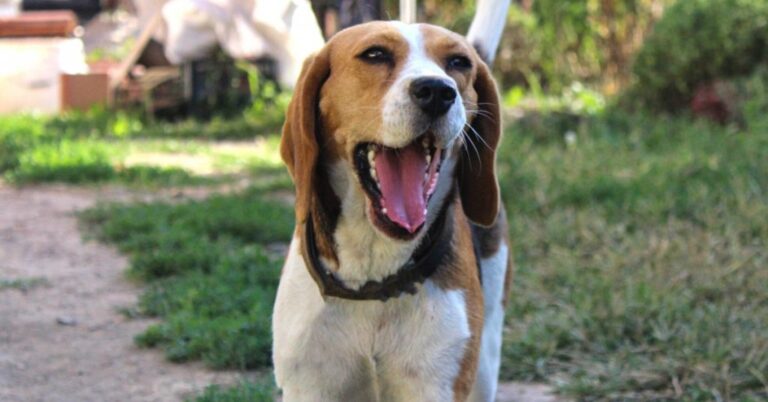What is Acid Reflux in Dogs?
Not many people think that acid reflux in dogs is possible, but it is, and can happen to your pet.
This condition is relatively common in dogs, and can strike at any age, but more often in younger dogs.
Simply put, stomach acid or intestinal fluid pushes through the sphincter muscles at the base of the esophagus.
Causing the acid, or fluid to be pushed back up the windpipe of your animal, causing discomfort.
Canine acid reflux disease needs to be treated in your dog, in order that your dog does not develop other digestive system issues.
What Is Acid Reflux?

Gastroesophageal reflux is when the gastrointestinal juices are uncontrollably forced back up the esophagus from the stomach.
This condition is due to the temporary loosening of the muscles (esophageal sphincters) at the base of the esophagus.
Left untreated for the long term, this condition will cause problems for your dog’s gastrointestinal tract.
The lining of the esophagus is sensitive, and normally protected from the harsh digestive juices in the stomach.
Stomach acid can damage the esophageal lining, and can cause inflammation of the esophagus.
Whereas gastroesophageal reflux is not necessarily a life threatening situation for your dog, it has its dangers.
Too much inflammation and irritation can lead to thinning or narrowing of the esophagus which can lead to necrosis.
Another danger is that food going up the esophagus uncontrolled can lead to it being breathed into the lungs.
This situation could very easily lead to aspiration pneumonia causing severe complications for your dog.
Symptoms of Acid Reflux in Dogs
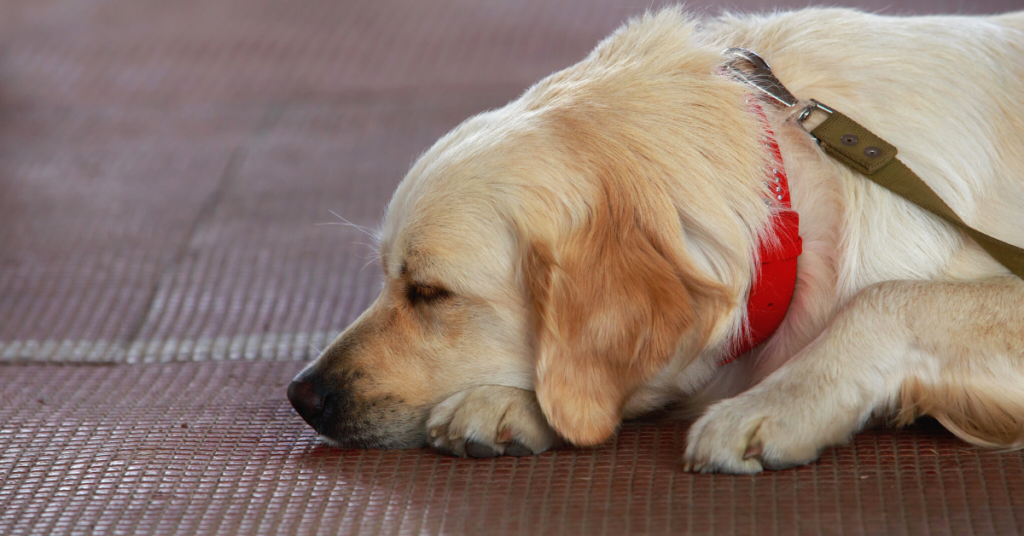
Dogs can have small frequent episodes of spitting up food, combined with stomach acids.
They could have symptoms such as vomiting, lip licking, and pain when swallowing food.
Your pet could also show signs of lack of appetite, and also suffer from weight loss.
In extreme cases you will see excessive salivation, and fever will be present in your animal.
You may notice that your animal is acting lethargic, or is less active after their mealtime.
Maybe your pet makes gagging or gurgling sounds, suffers from excessive burping or has chronic bad breath.
What Causes Acid Reflux?
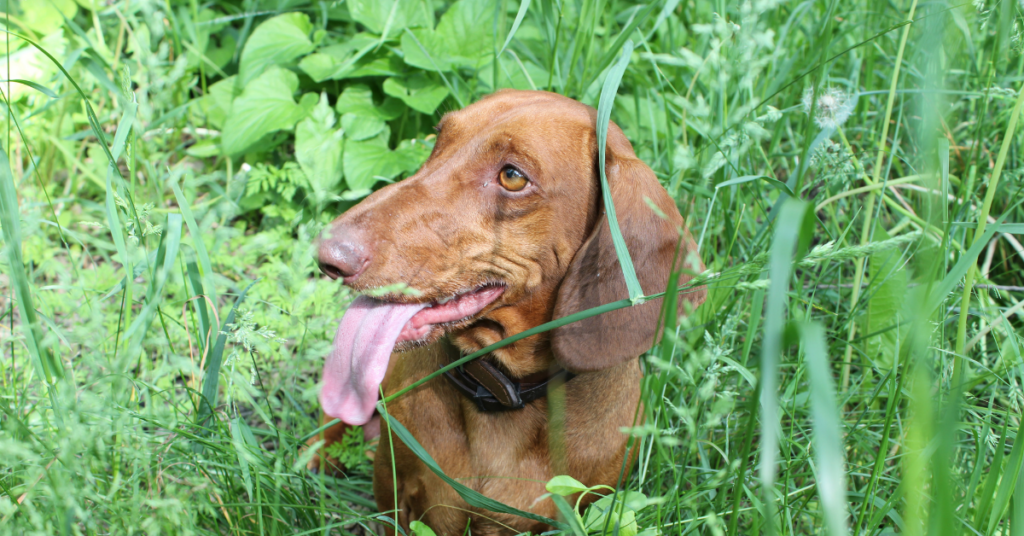
If your dog suffers from a congenital defect hiatal hernia then there is a higher risk of them suffering from reflux.
Another common cause of reflux could be the presence of a foreign body in your dog’s digestive tract.
There is a higher incidence in the case of young dogs because their sphincter muscles are still developing.
If your pet has a history of chronic vomiting, this can also be a factor, as well as if your dog is overweight.
Obesity in your dog can be a very common cause, since the fat in the dog’s body pushes against the stomach.
Another cause could be the presence of a tumor affecting the esophageal sphincters.
And if your pet has recently undergone surgery, that could be the reason, since anesthesia can cause sphincters to relax.
Diagnosing Acid Reflux in Dogs
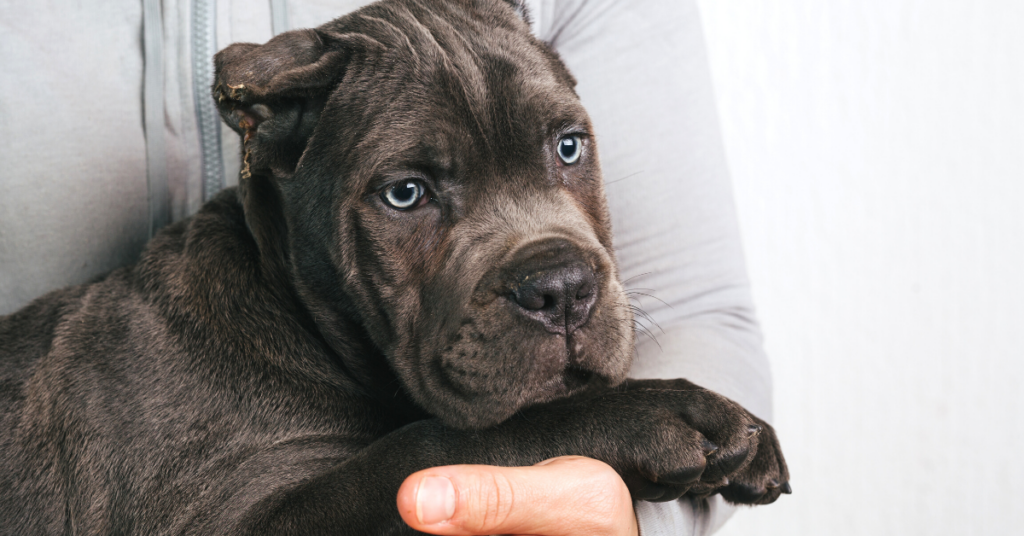
The ideal testing would be carried out by an esophagoscopy – the use of a camera inserted into the esophagus.
Through this process the veterinarian will be able to take a good look at the esophageal lining.
This will give them a good idea of any inflammation present, levels of mucus, or if there is any bleeding in the esophagus.
Of course this process will require anesthesia to be administered allowing for the vet to easily administer the test.
How to Treat Acid Reflux
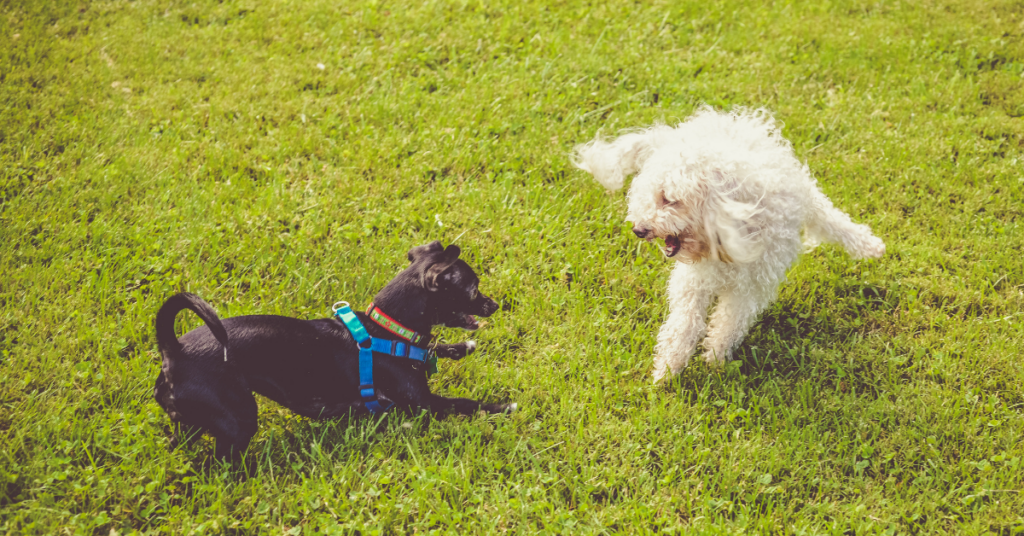
There are effective medications for acid reflux in dogs, which can clear up the problem pretty quickly.
But in chronic cases, better management of your pet will be required to ensure that your pet lives a healthy life.
There may be a need to change your dog’s diet to a low fat, low protein one given in smaller amounts throughout the day.
The reason for this is that fat can weaken the strength of the sphincter muscles which will allow them to somewhat relax.
Protein in food will increase the amount of gastric juices that are excreted into the stomach.
Another technique that may help will be to allow your dog sleep with an elevated head.
This will make for less pressure to be placed against the esophageal sphincters allowing them to function properly.
Continually monitor your animal for any symptoms, denying them high fat foods at all times.
It may be necessary to visit the vet again for another esophagoscopy to make sure that all is well.
In case of a congenital cause, surgery may be required to fix the problems.
When to See a Veterinarian
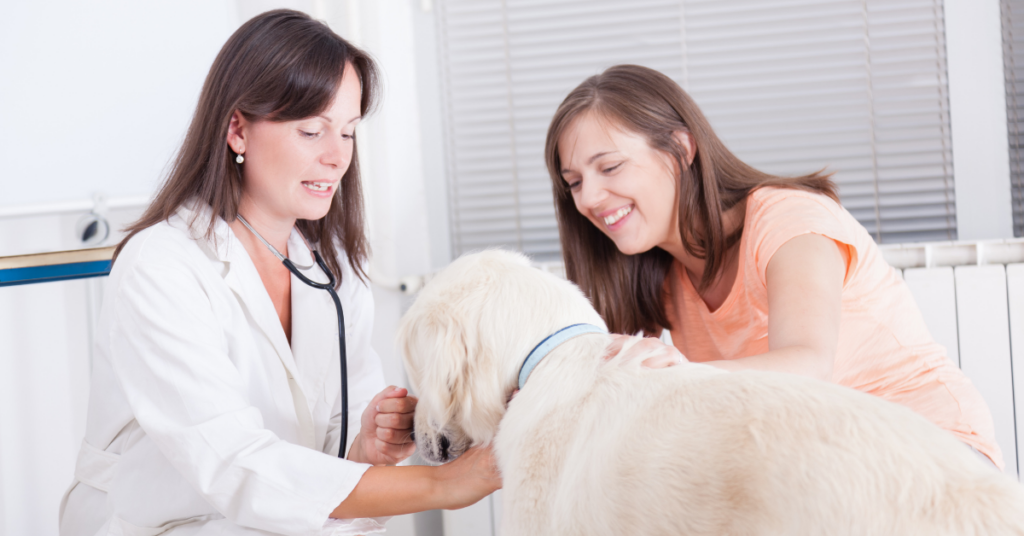
If you notice something out of the ordinary with your pet, it’s always a good idea to consult your vet.
A good time to go is if you notice that your dog is lip licking, burping all the time or in any kind of pain when eating.
If they are licking themselves, their beds or carpets excessively then this could be one of the signs of acid reflux.
If you hear your dog gurgling, gaging or making motions as if they are gulping for air, these too are all signs.
Lethargy, inactivity or a lack of interest in food may be reasons to make an appointment with your vet.
And of course if you are aware of fever, or excessive salivation, and drooling then see your veterinarian immediately.


